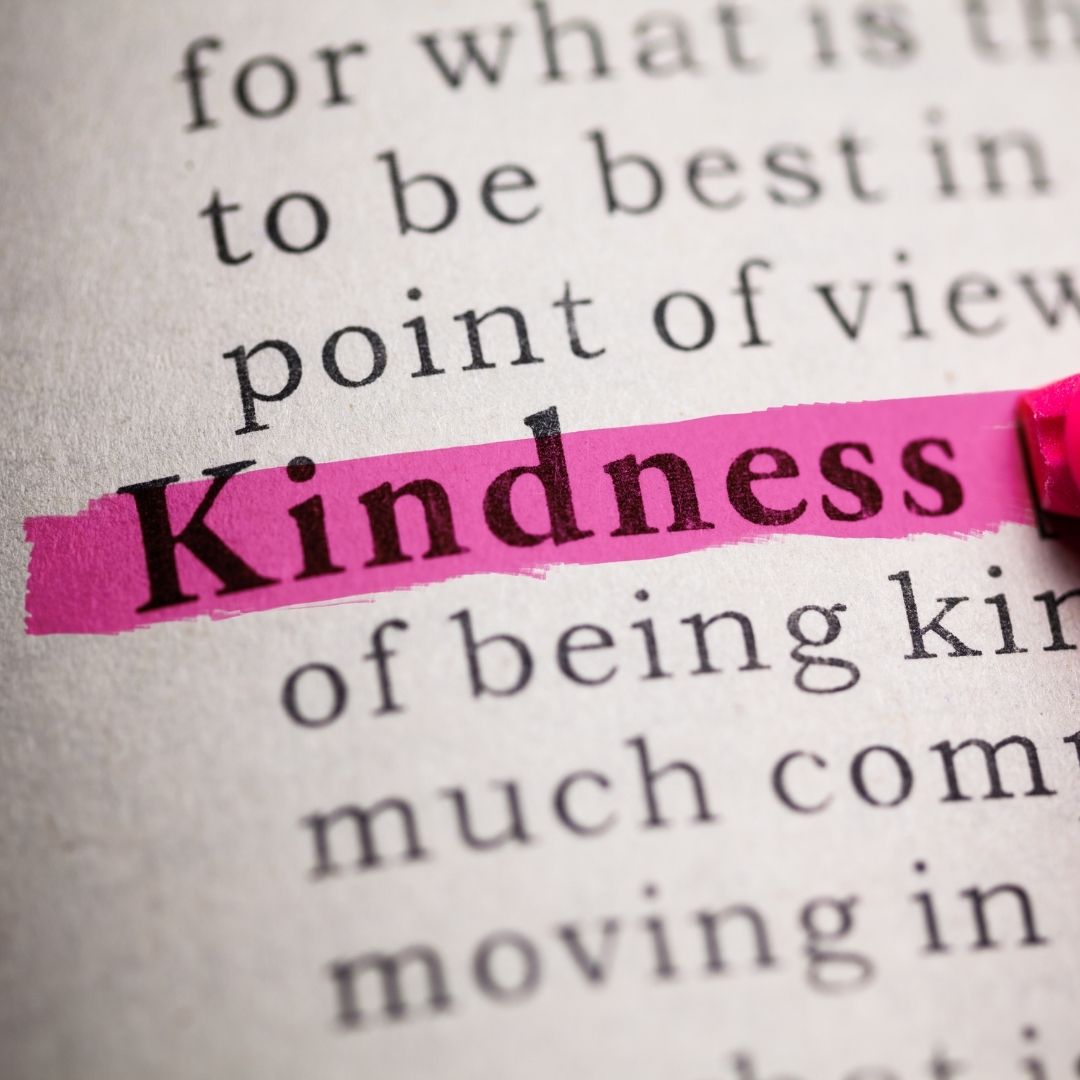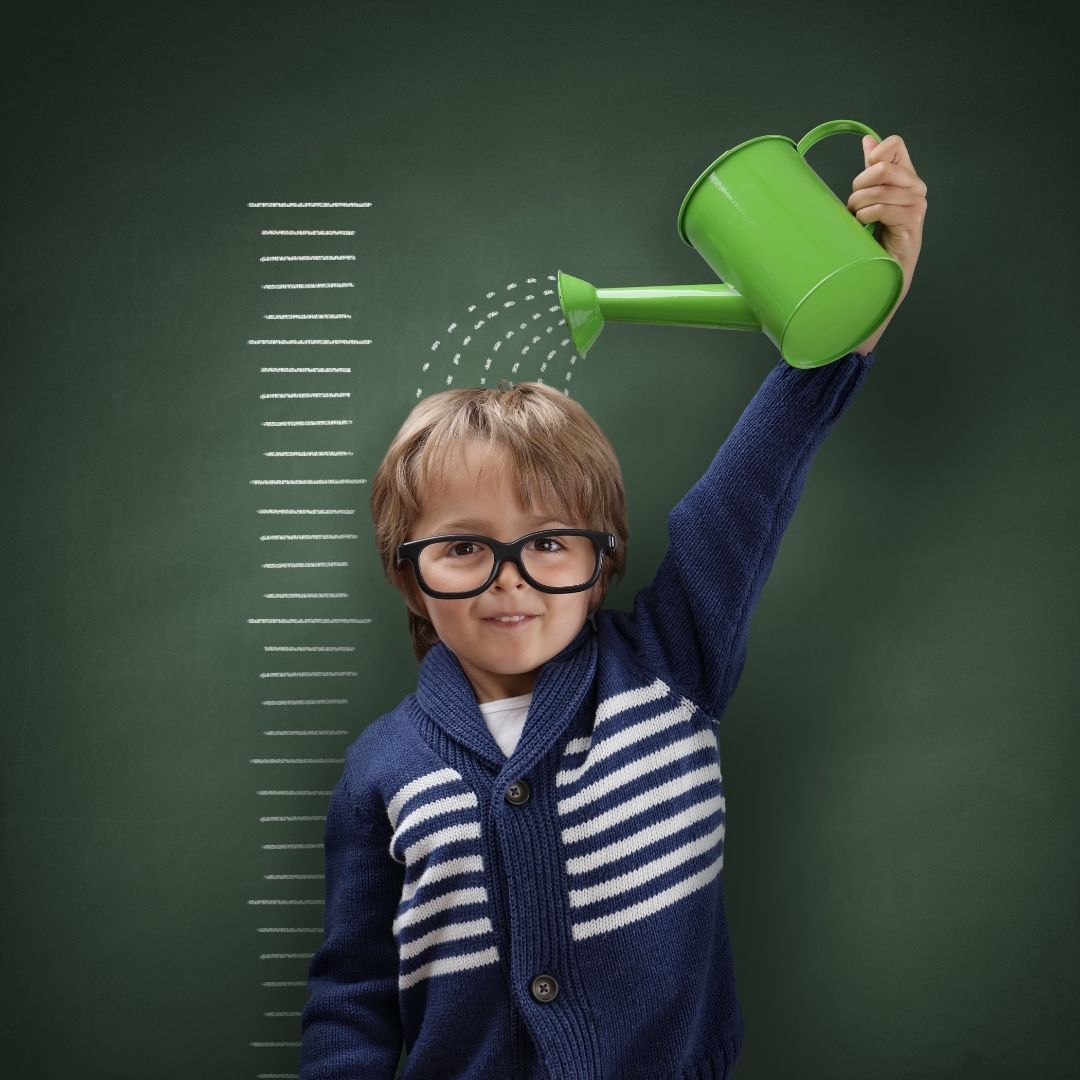Third grade is one of the most crucial developmental periods of the elementary years and perhaps a child's entire formal schooling. It stands apart as a year of pivotal transition and change in a child's education. It is the foundation for the rest of a student's life: what a student learns in third grade will be built upon for years to come, not only in academics, but also in life.
A landmark study conducted in 2012 determined that children who are not reading proficiently by the end of third grade are far less likely to graduate on time than proficient-reader peers. Many states have recognized this reality in recent years through adopting education policies that focus on achieving grade-level proficiency in reading by the end of third grade.
While every child is different and develops at their own pace and time, here is some general information to keep in mind for anyone currently navigating the third grade or looking ahead to this transitional time.
Why is third grade such a pivotal year?
Third grade is such a pivotal year because it is typically a student's first time to figure out what it means to be a student.
Social-emotional, academic, and cognitive skills are tested and developed. Students start to think for themselves and decipher morals that adults have been encouraging in them for years. In third grade, it seems like many of these things come to a head and they're asked to do them all at once.
What social-emotional transitions take place in third grade?
Reasoning, common sense, and an awareness outside of oneself is still developing in third grade. Children learn that it might no longer be appropriate to dance in the hallway, or they may understand that their bodies take up more space than they ever have before. Students typically become more aware of their abilities; they may start to recognize that their brain may not learn in the same way as others. Third grade starts to move away from the "one-size-fits-all" mentality. During this time, students also typically grow from needing more guidance to becoming more independent as learners.
Students may also participate in less imaginative play and be directed more toward games with rules and guidelines because they may start to understand that life has rules and guidelines to follow. It is easier to test these rules in a "no consequence" or "little consequence" way like in a game, rather than in life.
What academic and cognitive transitions take place in third grade?
Students learn to master math facts (addition, subtraction, multiplication, division), to apply them, and to grow in mathematical skills.
Students finish learning how to read and transition to reading for learning.
What can parents of third-graders do to support their child?
Students need to practice learning consistency, such as developing daily habits of reading and studying math facts. Not only does this instill a work ethic and study skills, but it reinforces the content most readily needed to conquer third grade. When third grade is finished, this daily habit shouldn't end. Continued reading and study of math facts over the summer will ensure greater success in fourth grade.
Socially and behaviorally, students need to discuss good and bad actions at home to help understand the ramifications of actions to those around them.
Language is how we process information and needs to be supported as much as possible. In other words: reading, reading, reading. Encourage students to read at any opportunity---billboards, at the grocery store, listening to books on tape, reading aloud. If they hear language in speech, in stories or on TV, in different scenarios, it helps students navigate it in different ways. Reading will help students problem-solve, draw conclusions, and will help them with memory and recalling information.
It is also important that parents give students the opportunity to do things or solve problems for themselves. Too many times it is easier for an adult to complete a task because it's faster, but that may be taking away a valuable learning opportunity from a third-grader. When learning opportunities like cleaning a room, picking up toys, or being responsible for a pet are instead completed by adults, it is more likely that a child becomes resistant to learning those things later because it has always been done for them. "Good responsibility" is responsibility that is a on a student's level, has a low risk factor, and is easily fixed, if needed. Third-graders are very capable!
What can parents of younger students do to prepare for third grade?
Supporting student learning in Kindergarten, first, and second grade goes a long way in preparing a child for third grade. Any home support that reinforces those early literacy and math skills sets up students to successfully transition to more independent learning in third grade.
It's also important to model problem-solving for younger kids. Littles likely do not have the cognitive tools to think through things for themselves, so parents ought to provide real-life examples of this for them. This may simply look like talking through your actions and what you are doing when you have a choice between two options.
It's also helpful to build autonomy in younger students by presenting tasks as their job. Whether it's paid or unpaid work, students will have some sort of job or responsibility for the rest of their lives. Instilling the notion of responsibility early can set them up for future success. Framing their school work as a job responsibility might sound like "Your job is to complete math pages 65-66" or "Your job right now is to clean your room, my job right now is to prepare dinner...you do your job and I will do mine." When we present things as jobs, kids know that there is a task to be done, and that it is important. It gives them a sense of responsibility and self worth; it helps them feel important. They are important and we should treat them as such.
While third grade is full of changes and transitions that can be challenging, it can also be a year of wonderful growth and maturity. Being informed and prepared, parents can help their kids navigate this year with success and equip them for a bright future.
/Logos/Horizontal%20Academic%20Logo%20for%20Light%20Backgrounds.png)
/Logos/Horizontal%20Academic%20Logo%20for%20Dark%20Backgrounds.png)



